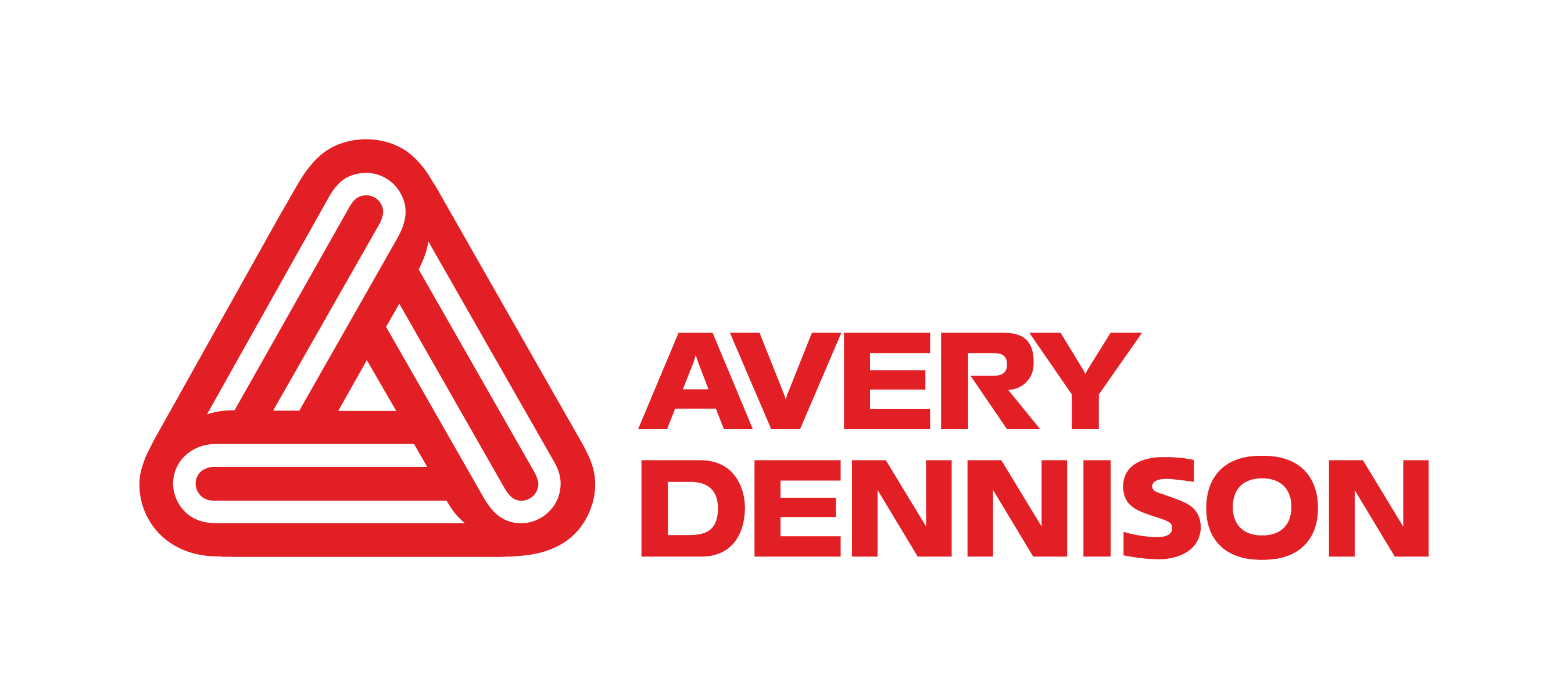One of the most significant benefits of pressure-sensitive labels over other label technologies is cost savings. PSL labels usually result in lower total-applied costs, saving on energy consumption during application and increasing machine speed and uptime with minimal waste and adhesive build-up. All these benefits add up to cost savings across the supply chain with increased operational efficiency. PS labels also aid in inventory and storage cost reduction, as they can be kept at room temperature and in smaller quantities.
The choice between PS label and other types of labels ultimately hinges on a variety of factors, including production scale, branding objectives, sustainability targets, and consumer preferences. As a brand owner, it's crucial to weigh these considerations carefully. Avery Dennison, with its expertise in labeling solutions, can guide you through this process, ensuring that your packaging not only stands the test of time and taste but also champions the cause of a cleaner and greener planet, all while maintaining a healthy budget.







